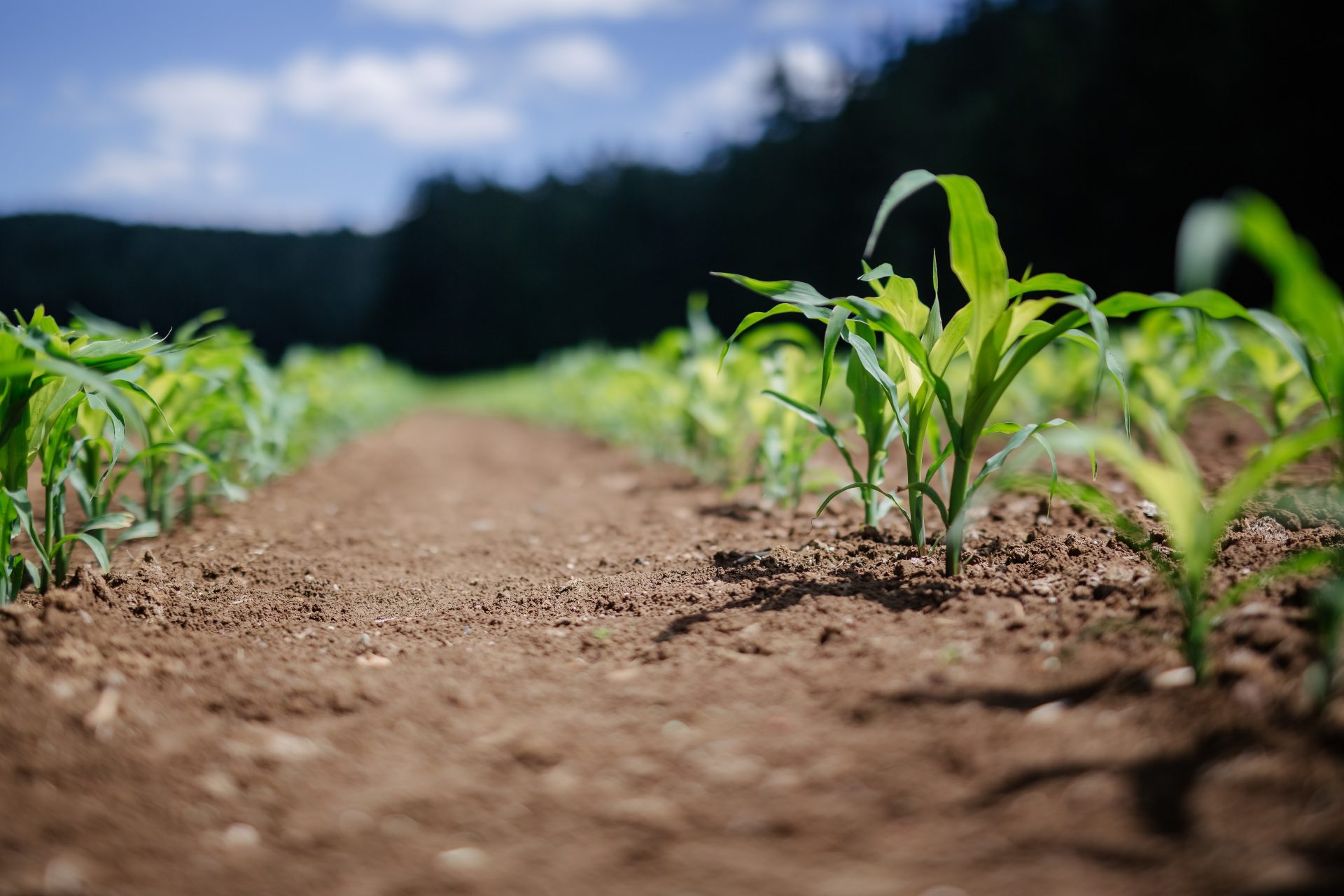On December 13th, Re-Imagine Europa and the European Food Forum organised an online Workshop that delved into the content and progress of the European Commission’s Legislative Proposal on New Genomic Techniques. The session counted with the moderation of Dr Peter Kearns, Director for Sustainable Food Systems and Innovation at Re-Imagine Europa.
On July 5th, 2023, the European Commission, led by President Ursula von der Leyen, published a proposal for a new Regulation on plants produced by certain new genomic techniques, after considerable demand for a legislation update from European citizens, farmers, breeders and various organisations.
Aiming to provide a useful insight into the content of the proposal, the European Food Forum and Re-Imagine Europa organised, on December 13th, the online workshop “Technical Analysis of the European Commission’s Legislation Proposal on New Genomic Techniques”. The event was hosted by Irène Tolleret, Member of the European Parliament and Chair of the European Food Forum, counted with the interventions of Oana Dima, Science Policy Manager at EU-SAGE, Michaela Šojdrová, Member of the European Parliament, Irene Sacristán Sánchez, Head of unit for Biotechnology in the Directorate General Health and Food Safety at the European Commission, and was moderated by Dr Peter Kearns, Director for Sustainable Food Systems and Innovation at Re-Imagine Europa.
The technical analysis of the legislative proposal was delivered by Irene Sacristán Sánchez, Head of Unit at DG SANTE. She explained what New Genomic Techniques are and why there is a need for an adapted framework to facilitate their development and placing on market. Irene Sacristán Sánchez also clarified the criteria used by the Commission to establish if an NGT plant is Category 1 or Category 2. When it comes to the sensitive topic of patents, she mentioned the necessity of finding “a balance between protecting innovation through patents and protecting access to that innovation in fair and affordable conditions”. She also highlighted that the Commission will be actively looking into it and has announced a study on the topic. In her intervention, Oana Dima, Science Policy Manager at EU-SAGE, gave a presentation on the NGT applications in crops and the evolution of plant breeding, concluding that “the legislation and its implementation will determine if and how NGTs will be used in shaping our future agri-food systems”.
Irène Tolleret highlighted the necessity for a new regulation on NGTs and gave an update on the progress of the file in the Council and the European Parliament, noting that the voted position of the AGRI Committee, “was very good and a balanced compromised”. Michaela Šojdrová provided a more comprehensive view on the AGRI Committee’s opinion and added that the final text approved by the Committee “includes a modification in Article 4 to prohibit the patentability in NGT plants, plant materials and the genetic information they contain”. The amendments also included deleting the requirement to label NGT1 seed bags but kept the ban on the use of NGT plants in organic farming. Although a compromise was reached with an amendment that requires the Commission to present a report on consumer and producer perceptions seven years after the rules took effect, “accompanied, if appropriate, by a legislative proposal to lift the ban on the use of NGT in organic production”.
At Re-Imagine Europa, we believe in seeking common ground and in bridging the gap between opposing viewpoints, by embracing diversity, empowering the voices of those with a different opinion and effectively including them in the dialogue. To depolarise the debate of agriculture and innovation, we need open and honest dialogue. We consider it is necessary to shift the polarised narrative that defends an “one ideal model” and focus on building and developing a toolbox for farmers with multiple solutions, that include NGTs, and that can provide conscientious choices and sustainable answers for the farmers’ diverse challenges.




